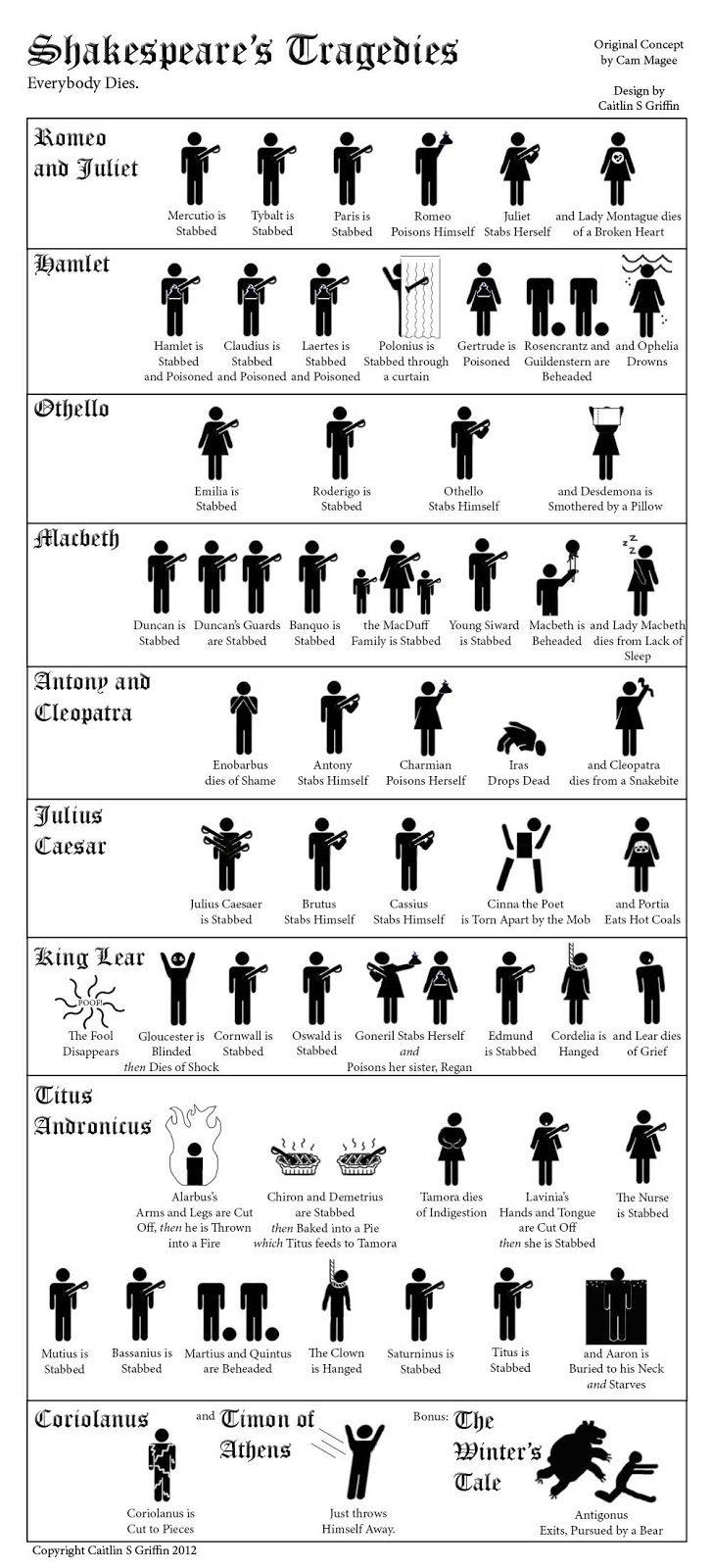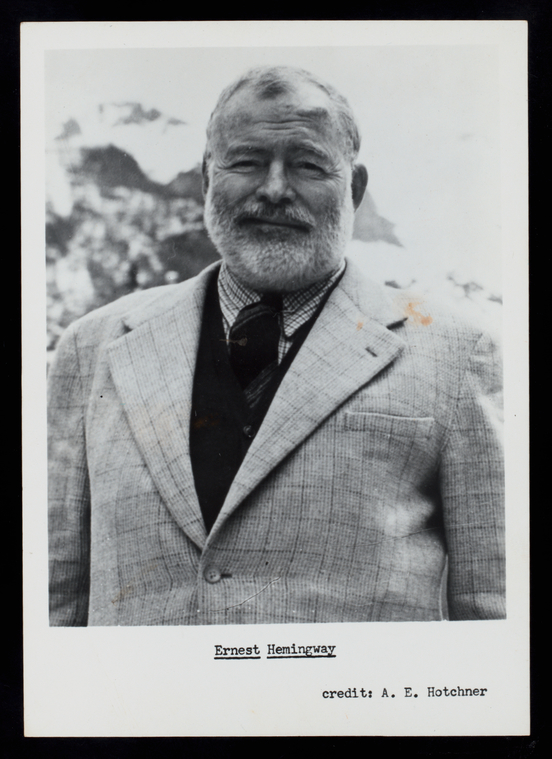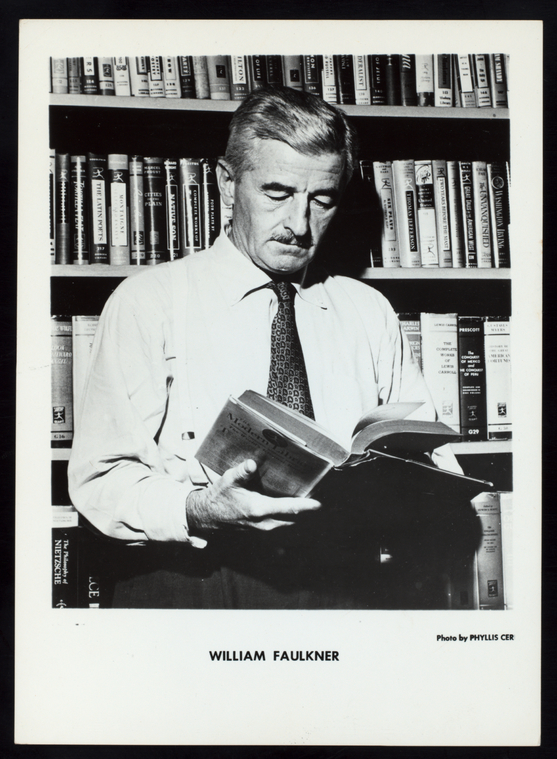“After
Shakespeare, my favorite poet is Dante. My favorite novelists are Proust and
Tolstoy, closely followed by Scott Fitzgerald, and perhaps Hemingway when he
isn’t beating his chest. But in all my life I never enjoyed anything more than
the first pieces I read by S. J. Perelman.”
“I
don’t do much rereading anymore because I’ve been ill and feel that I’m running
out of time. But recently I did reread all of Evelyn Waugh’s novels, and was
pleased to find that he was almost as thoughtful as, say, Olivia Manning,
although his snobbery sometimes grates. Also, I enjoyed “Lucky Jim,” by
Kingsley Amis, all over again: the funniest novel I have ever read. Is there
some Bulgarian equivalent, languishing untranslated? Probably not.”
“In
Australia 60 years ago, when I was an adolescent, nobody was reading the
American author Booth Tarkington except me. His character Penrod Schofield —
awkward, disobedient, adventurous — was the beginning of my love affair with
America. Today, my friend P. J. O’Rourke is a big fan of Tarkington, but I
wonder if anybody else is. Still, my real plan is to make P. J. a fan of Dante.”
-From
the New York Times Sunday Book Review, April 11th, 2013








